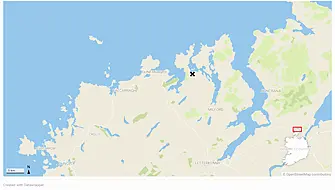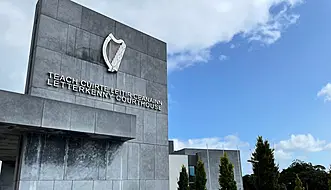The health authority has published evidence from international studies which led to the self-isolation period being reduced from 14 days.
However, it said some limited evidence from a small number of studies found that patients with severe-to-critical symptoms and those who are immunocompromised may be infectious for 20 days or more.
For people identified as a close contact of a confirmed case the quarantine period remains 14 days.
Dr Máirín Ryan, Hiqa’s deputy chief executive and director of health technology assessment said it was "important that the Irish guidance on the duration of self-isolation is informed by the most up-to-date evidence from around the world.
“While a prolonged self-isolation period can have a large impact on people’s lives, their families and businesses, it is important that the duration is sufficient to prevent the spread of the disease to others.”
She continued: “Informed by this evidence summary, the revised public health advice is now that self-isolation for patients with COVID-19 in the community is a minimum of 10 days from the onset of symptoms, the last five of which must be fever free or 10 days since their positive test in those who have no symptoms.”
“This evidence summary focused on evidence relevant to those with COVID-19, and therefore, has no impact on the duration of quarantine for close contacts of confirmed cases, household contacts of people with symptoms of COVID-19 or people arriving into Ireland from a non-green list country. The current guidance for people in these categories remains the same, they must restrict their movements for 14 days.”







